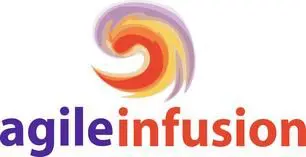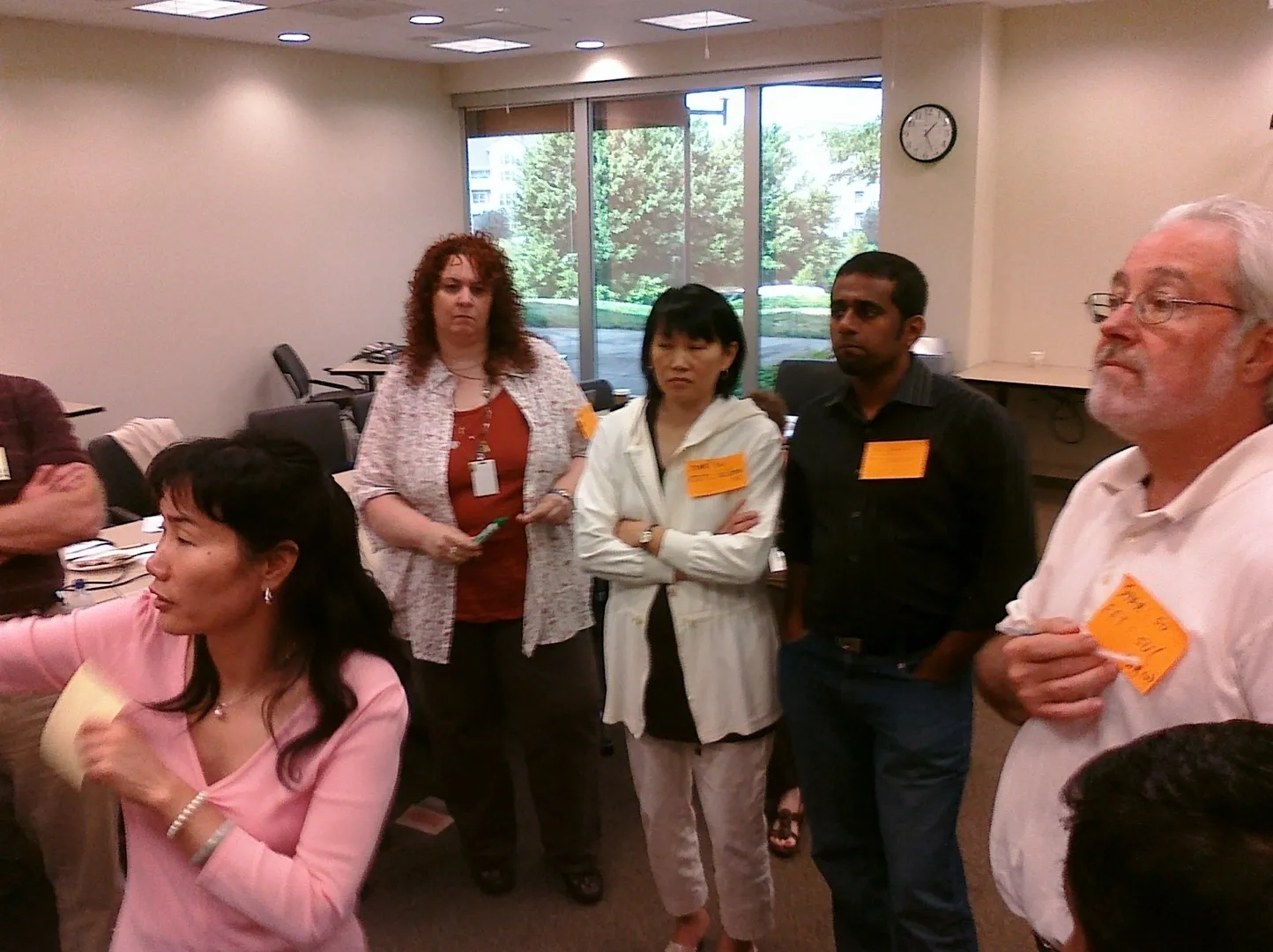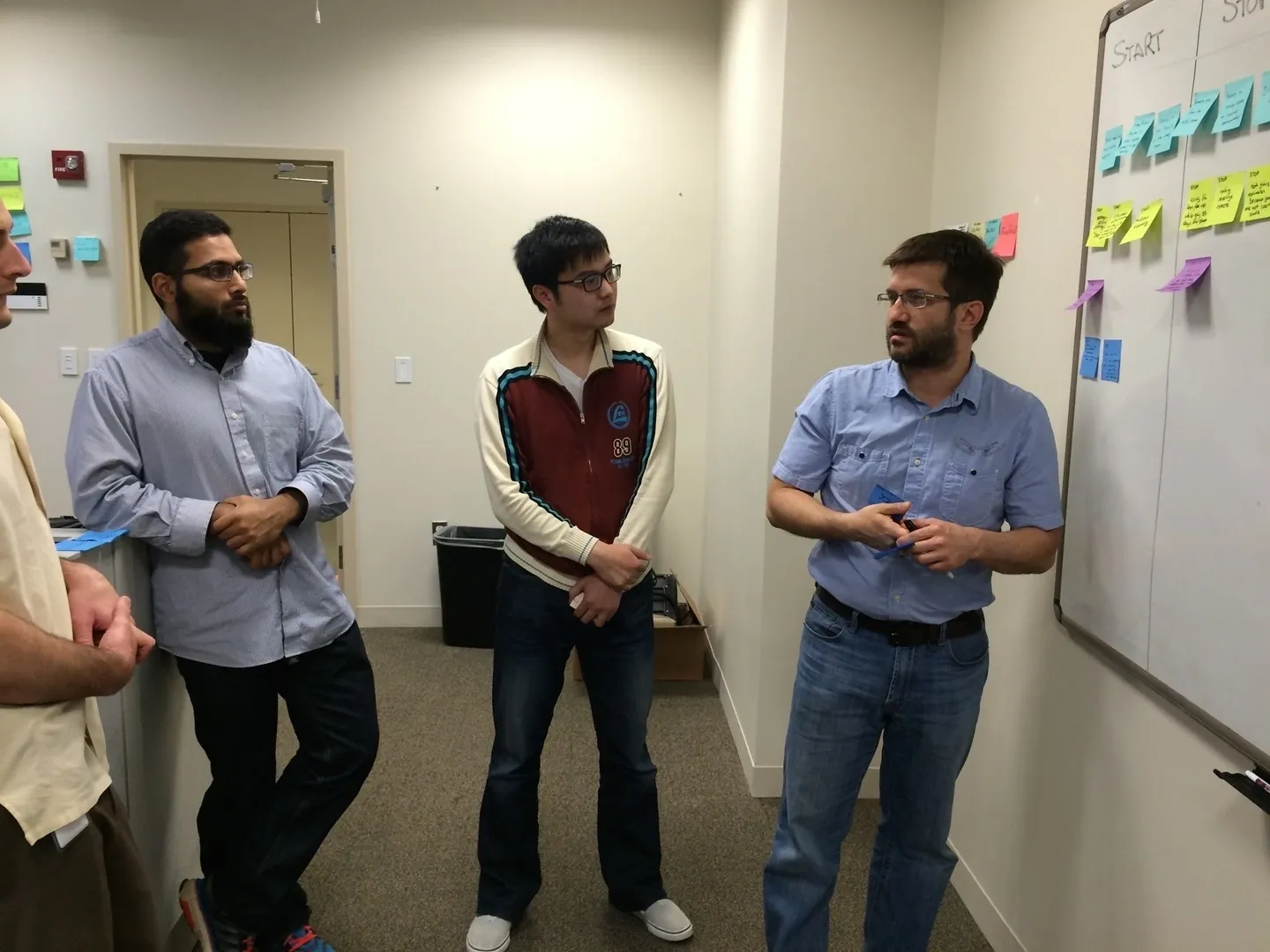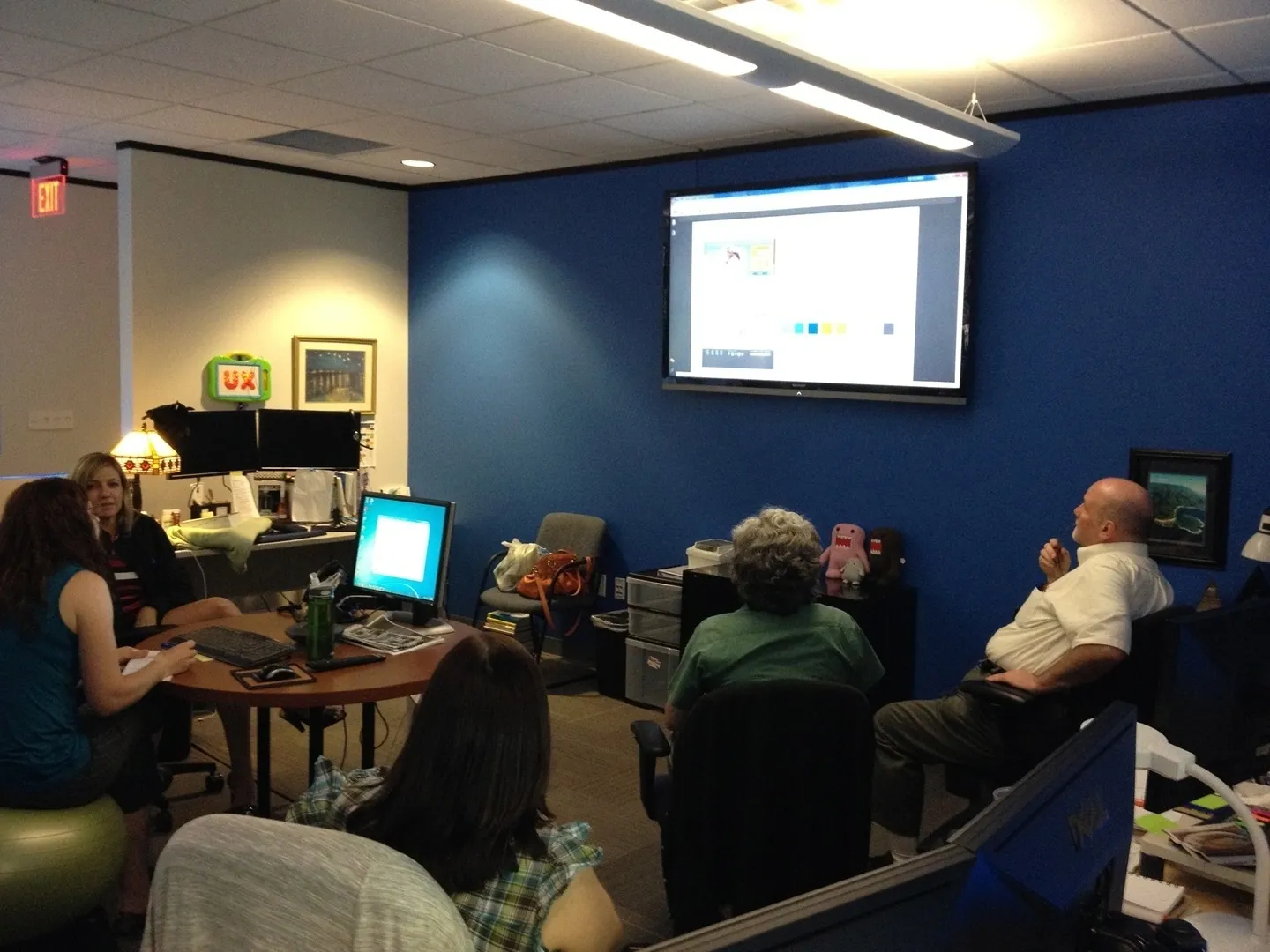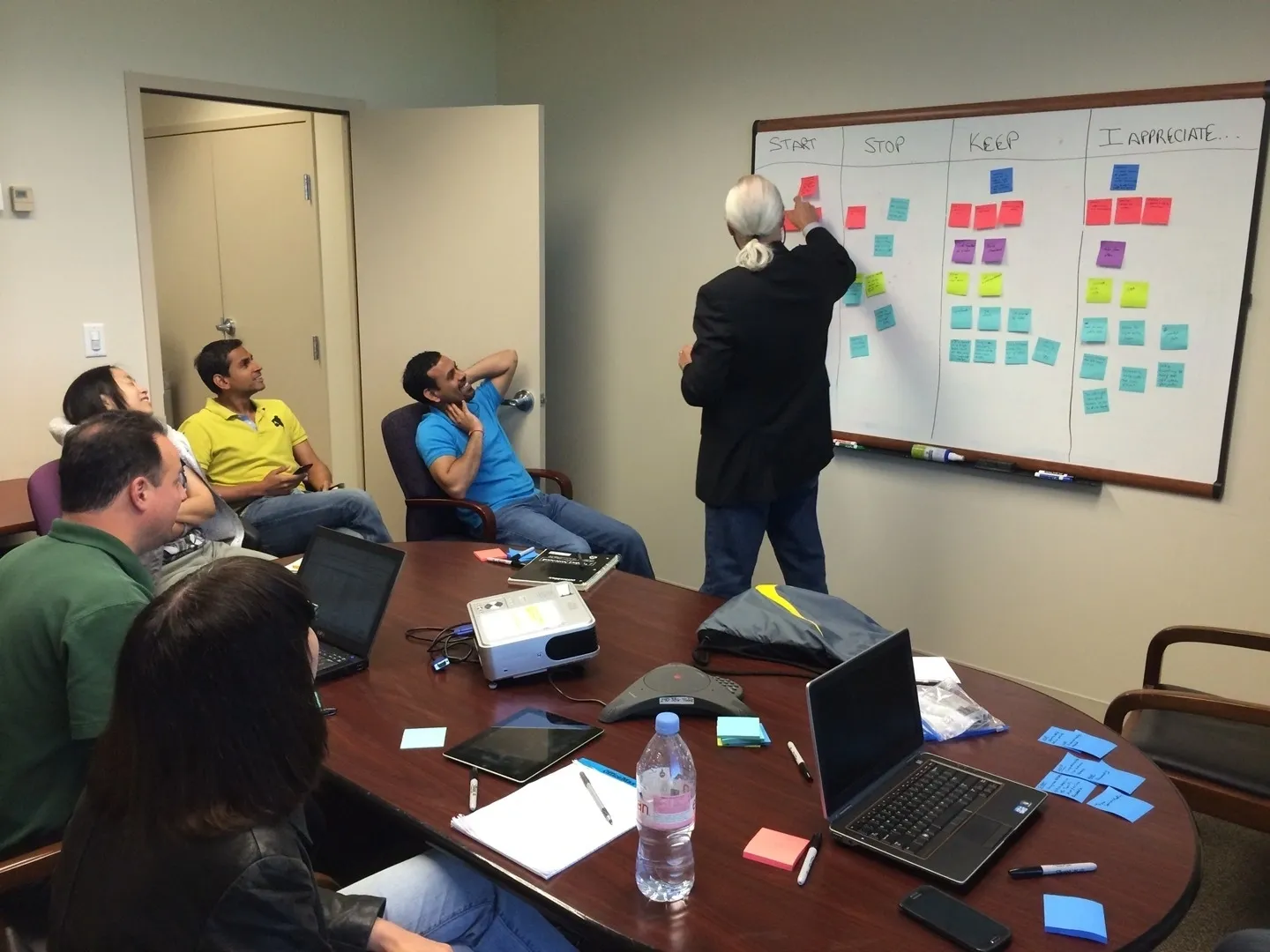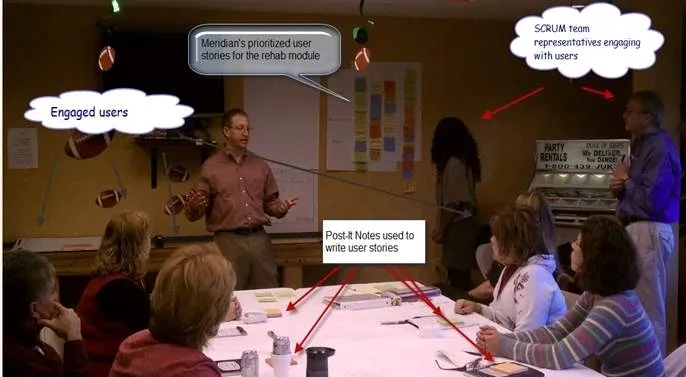COACHING
THINK YOU'RE READY?
Coaching for Independence
The growing success of agile projects has increased the pressure for today's development organizations to explore the use of these agile practices. There are any number of resources that people can turn to for help. I believe that the best way to make an agile success story is to find a coach that will teach and guide your organizations to "build new muscle" and fuel the growth of successful agile practices in the organization. The culture changes can be sparked by an advisor, but they must be driven by the people who live in the organizations. Helping teams, managers, executives, customers, and stakeholders identify and create the right conditions for change will serve the interests of the organization in the long term.
Resolving Organizational Conflicts
Many organizations start to use agile techniques and subsequently begin to see conflicts occur in the organization. They become disappointed in the results due to the exposure of problems and conflicts. This often causes the organization to revert back to traditional methods or just get stuck somewhere in between. This conflict must be recognized as a natural and expected outcome, and the organization can be coached on how to manage the conflicts as a means of getting to a state of high performance. Developing a process to resolve conflict is a key factor in achieving agile organizational behavior and building high degrees of trust. With a strong background/education in Organizational Dynamics, you're in good hands.
The Agile Infusion Approach
The method is built on the success experienced at Primavera Systems which has stood the test of time for over a decade. An initial infusion of agile values, principles, and practices followed by periodic coaching for teams, managers, executives, and customers. This establishes the basic skills to get an agile project off the ground and then use continued coaching of an objective, experienced, outside expert advisor. This helps to create the learning environment which is critical to long-term success with agile practices.
Project Quick-Starts
The project quick-start is for people who are serious about making the move to start an agile practice. Quick-starts begin with 1-2 days of training followed by 2-3 days of coaching. This gets everyone trained together, ensures the project is set up correctly, and the right roles are in place. On the last day, the team is guided through planning their first iteration, and now they are moving!
Organizational Check-ups
Using a doctor's practice as a model, periodic check-ups are recommended as a way of ensuring there is a culture of continuous improvement. While you don't want your doctor living with you, it is good to get a periodic check-up to keep you healthy. In these sessions, I meet with the various teams, and roles to see how things are progressing and to provide a "punch list" for recommended improvements.
